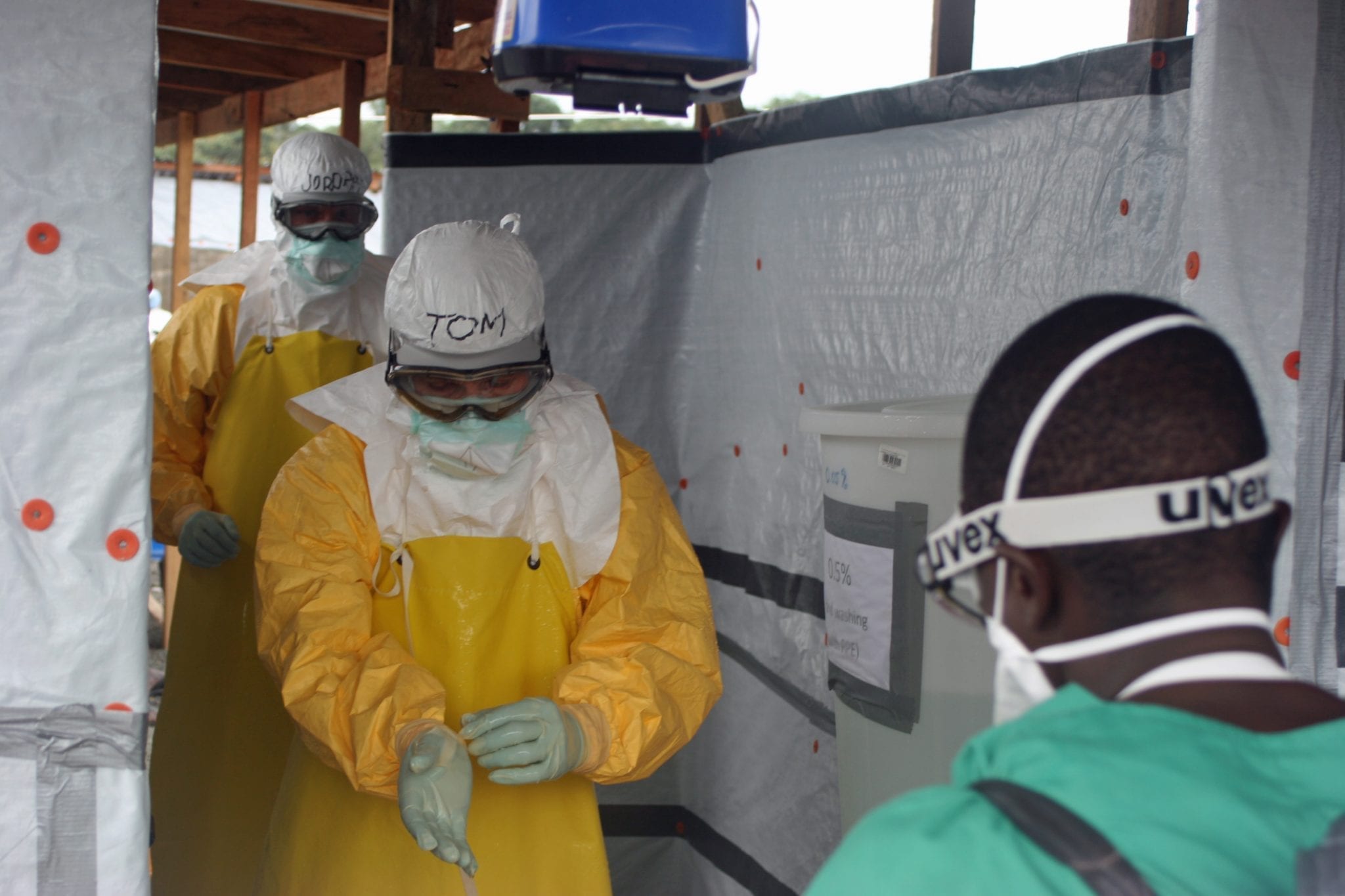A judge dismissed a lawsuit brought against Connecticut Governor Dannel P. Malloy as well as several state health officials. The plaintiffs in the case were seeking damages for what they claimed were unfair quarantine practices during the 2014 Ebola epidemic.
U.S. District Judge Alfred Covello said in a ruling that the allegations were lacking. He said the state’s public health commissioner was protected from the suit and that the charges being plied against him were lacking.

Brought into the public spotlight just over a year ago, the complaint against the Malloy administration revolved around a series of lengthy quarantines imposed on individuals returning home from West Africa. A handful of law students from Yale collaborated with the university’s legal services department to build a class action against the state; two of the plaintiffs attended the college, while the Liberian Community Association of Connecticut threw its backing behind the movement, too.
The plaintiffs sought “unspecified damages” for the conditions imposed during quarantine. The plaintiffs were effectively placed on house arrest for the better part of a month. Police officers were posted outside of their residences, watching to ensure total isolation.
The problem, according to the plaintiffs’ legal counsel, is that many of the quarantined individuals exhibited no signs or symptoms of Ebola. Many were in perfectly good health.
“We believe the quarantine of asymptomatic individuals did not do any good and did a whole lot of harm,” said second-year law student Emma Roth. “People who’ve never shown signs of Ebola can’t pass the disease.”
Roth helped draft the complaint leading to the lawsuit. She was also the co-author of a report on quarantines related to the disease, which made international news in 2014 for killing thousands across the western reaches of Africa.
On top of damages, the complaint also challenged Connecticut to mend its approach to protecting citizens from Ebola. Roth, her fellow students, and Yale’s legal services wanted state officials to be stripped of the authority to arbitrarily detain and quarantine travelers returning to the United States from Ebola-stricken countries like Liberia and Sierra Leone.
“Connecticut is following the most current C.D.C. guidelines,” said Christopher Stan in 2014. Stan is a spokesperson for the Connecticut Department of Public Health. That year, officials detained nine individuals in October, all of whom failed to develop Ebola.
“It’s very easy in the midst of a crisis to fail to protect individual liberties,” said Kyle Edwards, a Yale Law student with a doctorate in public health. “It’s important to set up those policies now so they’re in place for future outbreaks.”
Governor Malloy stood his ground after Judge Cavello’s ruling, affirming that his administration has no plans to adjust its quarantine policy.
A Yale Law School student was reported by The New York Times as saying the plaintiffs are considering an appeal.


Join the conversation!